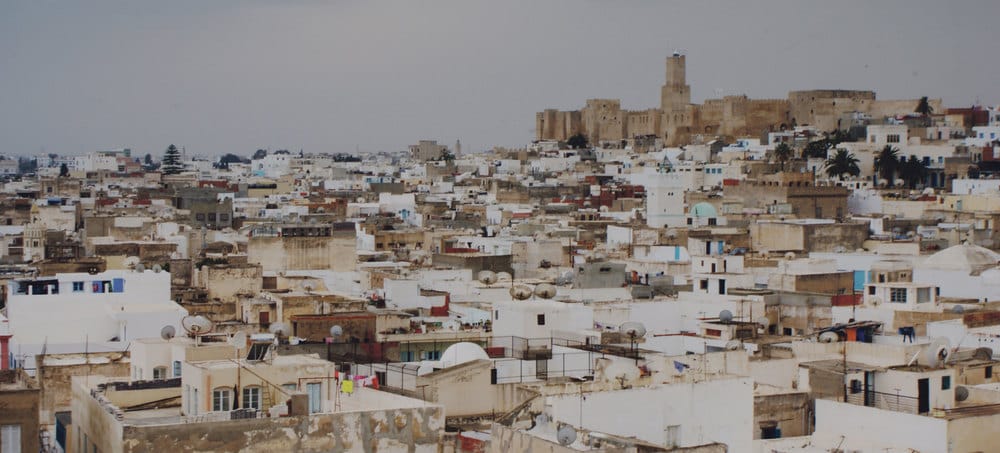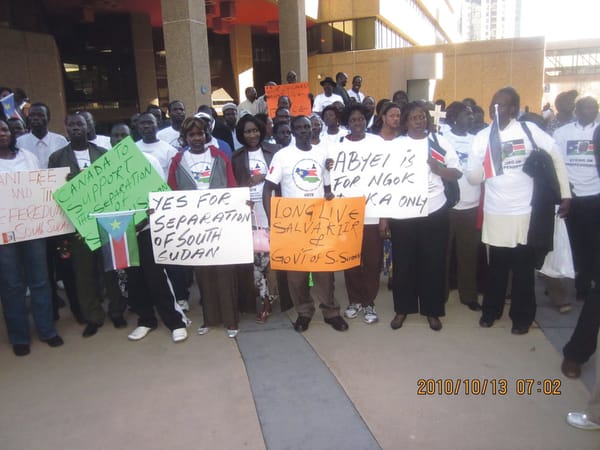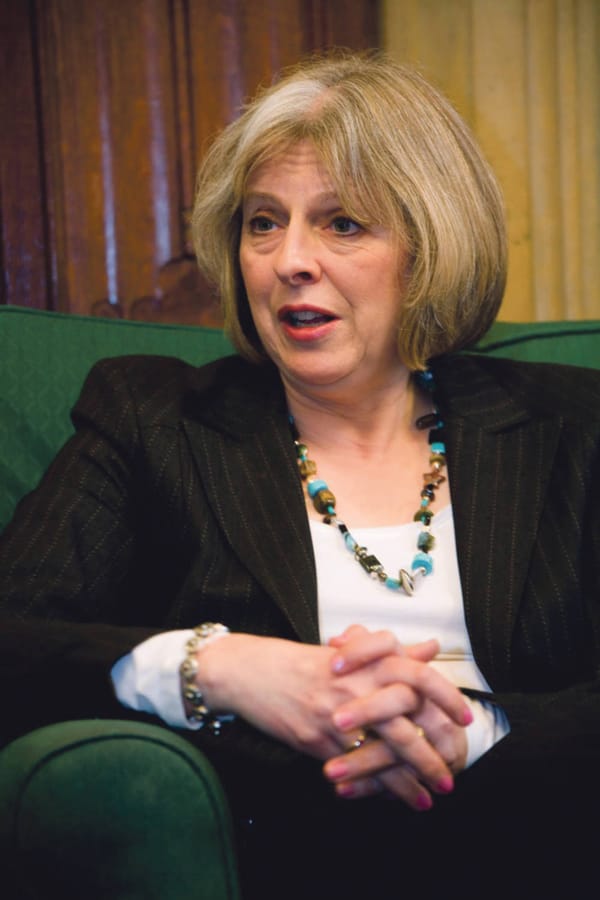Optimism among the trouble in Tunisia
Arab world's first popular revolution

Until last week, Tunisia, normally considered one of the more politically stable North African states, had had only had two presidents since gaining independence from France in 1956. Now, following weeks of street protests and civil unrest, President Zine al-Abidine Ben Ali’s 23-year reign has come to an abrupt and unexpected end, leaving neighbouring Arab leaders fretting that the contagion may spread.
Over the last few days, in what is widely being dubbed the jasmine revolution, tanks have been deployed to protect government buildings and police have opened fire on protesters on several separate occasions. Human rights organisations estimate that around 50 protestors have been killed in total and looting and rioting have spread throughout the country. In the worst incident, a prison riot in the city of Monastir resulted in a fire which killed over 40 inmates. The police, who are generally viewed as little more than a corrupt presidential guard by ordinary Tunisians, have so far done little to prevent the looting. As a result, many local residents have resorted to forming ad hoc militia groups, armed with rocks and other rudimentary implements of defence, in order to protect their homes.
Tunisians are unhappy about high unemployment levels, food price inflation, corruption, poor living conditions and a lack of freedom of speech. This December, their collective anger with the governing regime suddenly became united following Mohamed Bouazizi’s desperate act of self immolation. There have since been copycat suicides in both Egypt and Algeria, and an Egyptian pop star has even written a song about Mr Bouzazi’s martyrdom.
So far, the international reaction to the events in Tunisia has been, on the whole, positive. US President, Barack Obama, has said “I have no doubt that Tunisia’s future will be brighter if it is guided by the voices of the Tunisian people”. However, Paris’ reaction to the crisis has been notable for its muted tone and the French government has come in for some pretty heavy criticism because of this. The cynics argue that the French simply have too many vested interests in the Tunisian economy and that this revolution, reported to have cost Tunisia about £1.3bn, is plainly seen as bad news for French national interests. However, the French could also be seen to have acted quite shrewdly. By showing few overt signs of support for the uprising, they have denied Ben Ali the chance of pulling a Mugabe and accusing the former colonial power of orchestrating the uprising by proxy.
Tunisia is an important trading partner, not only for France, but for the whole of the EU and its relative stability over recent years has also made it a popular tourist destination. The current crisis has meant that over 3,000 Britons have had to be flown home and there are fears that the violence could have irreparably damaged the tourism industry upon which Tunisia is so heavily reliant. However, Tunisia has always been one of the Mediterranean’s more exotic holiday destinations, a fact to which my own experience bares testament. Last year, I was travelling through the south of Tunisia, when the French tour bus I was on was attacked. We had been driving through the desert for hours when, suddenly, a large window pane came crashing down and a woman started screaming. Had we been shot at? We quickly tried to press ourselves against the floor. It was a brick, and it was followed by a barrage of rocks and men chasing us through the streets.
Fortunately, some impressive evasive driving meant we were able to elude the attackers and make a dash for the safety of the local mayor’s office. The Tunisians whom I later spoke to about these events unanimously shrugged them off as fairly unremarkable. They explained that the frustration generated by the lack of employment opportunities available mean that such attacks have become commonplace, particularly in the underdeveloped south.
Now that an interim government has been put in place by Prime Minister Mohammed Ghannouchi, it is hoped that the situation in Tunisia will begin to calm down. However, many Tunisians are disappointed by the prominent role the RCD, the party of the former president, remains set to play. Immediately following the announcement of the new government on Monday evening, a crowd gathered outside of the Tunisian embassy here in South Kensington.
Medhi Boujomaa, an office worker, who has been living in exile for over 20 years, said “the dictator is gone, but not the dictatorship”. Habib Ben Gharbia, a 22-year-old student said “the whole of the governing party is responsible for the corruption and we don’t want people from this party in the new government”. Mr Ben Gharbia believes that there are too many corrupt individuals in and around the government who “know they will be judged by the people of Tunisia”. “They know that if this revolution succeeds it will be the end for them – they have nothing to lose”.
The protestors, who continuously chanted “No more RCD, no more one party rule”, were also quick to acknowledge the role social media had played in this revolution. Noura Ellgoulli, a management consultant born in Tunis, said “Facebook and Twitter have meant that, for the first time, all Tunisians can be on the same page.” “When the shooting started, it was because of social media that the people got to know that the presidential guard were turning on their own people”. Ms Ellgoulli accused the presidential guard of using “pre-meditated scorched Earth tactics” to destroy what was left of Tunisia’s wealth. She said: “Basically there are around 800 men in the presidential guard who are willing to sacrifice their lives in order to prevent the people of Tunisia gaining true democratic rights”.
Yet, despite fears that some of the old regime may try and cling to power in the new government, the mood of the crowd was generally one of optimism. Ms Ellgoulli proclaimed “this is the first time I can be proud of being Tunisian”. Another protestor said that she felt “reborn” and Chahin Rouhini, an 11-year-old boy from Hampstead School in Cricklewood, simply put it like this: “Ben Ali has been trying to steal everything that is precious to the Tunisian people, – I’m so happy he’s gone”.
Amira Ben Rejel, a young female protester, said it was important to remember that “this is not a revolution carried out by Islamists or socialists... this is a revolution for all of the Tunisian people”.









